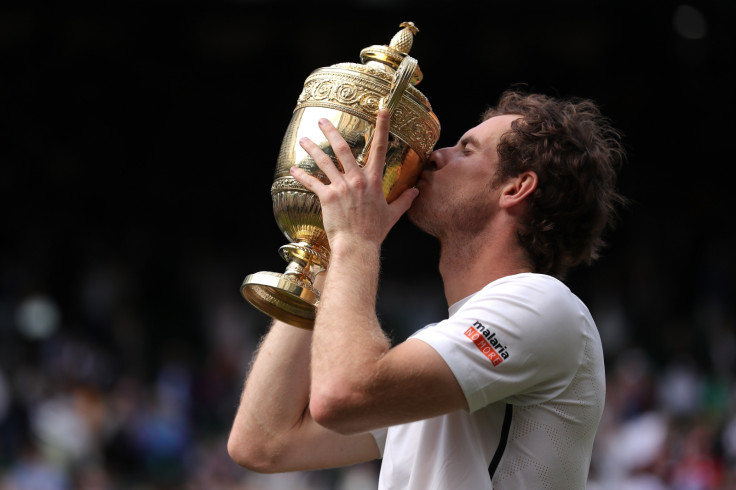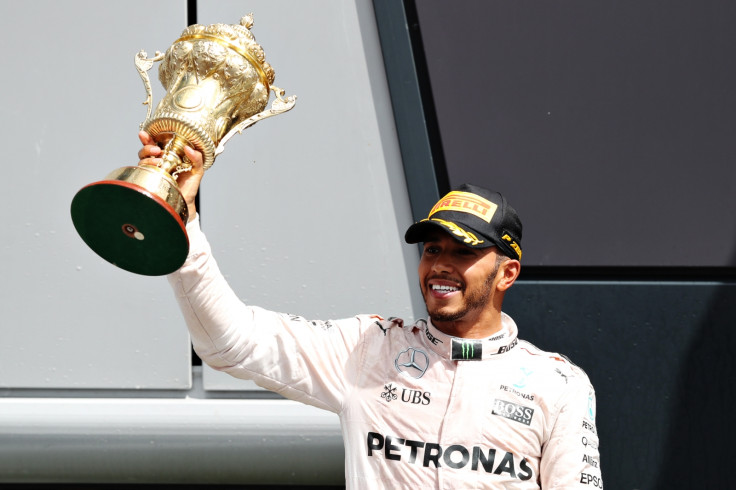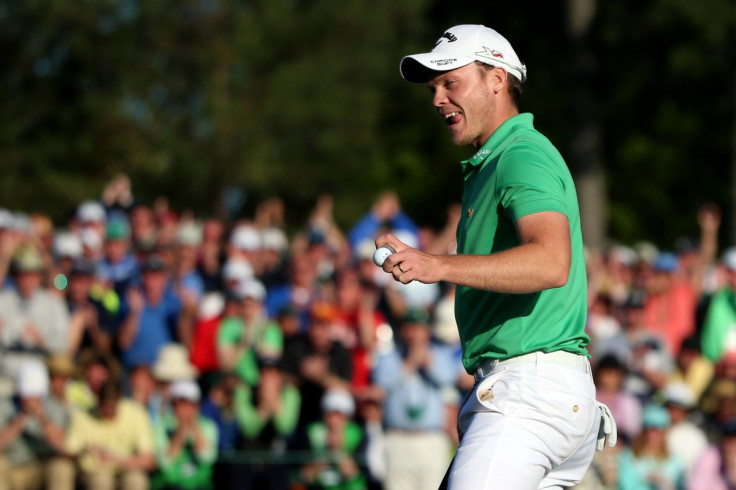Andy Murray and Lewis Hamilton victories see sport ease British heartache amid Brexit fallout
Domestic success in 2016 lifts the gloom amid the changing and uncertain political landscape.

"Sport has the power to change the world. It has the power to inspire. It has the power to unite people in a way that little else does." Nelson Mandela
South Africa's victory in the 1995 Rugby World Cup proved to be a watershed moment in the nation's history, not just in a sporting context but in a cultural and political one as well. It inspired new hope that a country which had been divided by apartheid could unite behind one cause, with sport the main driver.
Great Britain's political instability caused by the decision to exit the European Union, forcing the resignation of the Prime Minister David Cameron and the plummeting in value of the pound, can hardly be compared to the culture of institutionalised racism in the rainbow nation. But the way sport can assist in easing political tensions are familiar.
Both Andy Murray and Lewis Hamilton conquered British institutions to ensure that at least for a few hours the country could rejoice and forget about recent political pain. The events at Wimbledon and Silverstone turned the summer of discontent into a belated celebration of national identity.
Alongside Queens Elizabeth II, a cup of tea and the mud of Glastonbury Festival, the SW19 fortnight is a British phenomenon known the world over. Viewing figures of Murray's straight sets win over Milos Raonic peaked at 13.3m, with thousands others assembling at Centre Court, Murray Mound or at dozens of public screenings, including at City Hall.

The home of British motorsport meanwhile hosted the blue ribbon event of the Formula 1 calendar for the 52<sup>nd time, and amid the predictably inclement weather which shook up the field and many of the spectators, crowd numbers in the hundreds of thousands turned out irrespective across the three days. They were rewarded with victory for home favourite Hamilton, who is now just a single point behind world championship rival and Mercedes teammate Nico Rosberg.
Both events displayed a public harmony that would convince any disillusioned voter that there is a light at the end of the Brexit tunnel. The idea of strength in numbers may appear like a frivolous superlative, but it represents an ideal worth clinging to.

In truth, the whole of the first half of 2016 has been stellar for British sport. The England rugby team's grand slam, Six Nations and series whitewash of Australia; Danny Willett's stunning victory at The Masters; Anthony Joshua blasting his way to the world heavyweight title and England's cricketers' Test series victory in South Africa and run to the T20 World Cup final. There has been enough sporting success in the last six months to fill a decade.
All this comes before the Rio 2016 Olympic Games, when again a country can unite behind some of the most admired individuals in sport and whose unique stories they are itching to tell. In such desperate times, British sport is providing ample reasons for inspiration, and so let it continue.
© Copyright IBTimes 2025. All rights reserved.





















